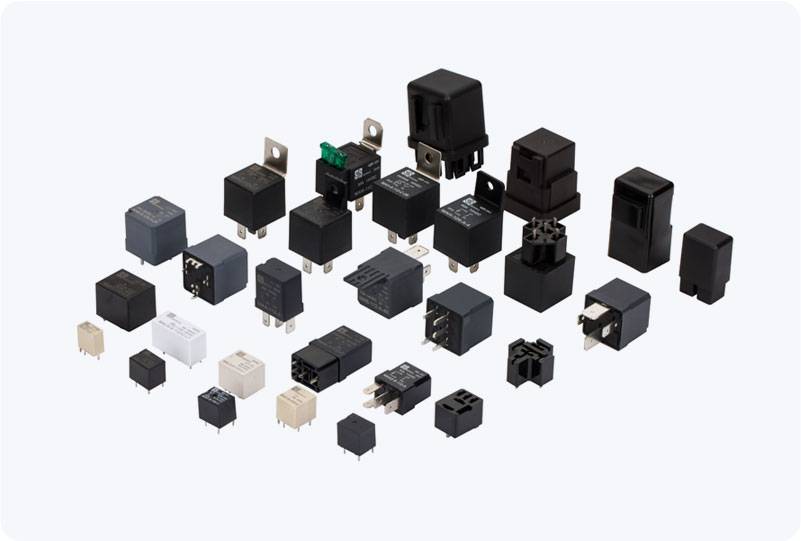Industrial relays play a crucial role in protecting electrical equipment and maintaining the stability of power systems in industries. These electromechanical devices are used for switching electrical circuits and safeguarding systems against faults like overloads, short circuits, and other anomalies. Given the importance of relays in ensuring the continuous and safe operation of industrial processes, it is essential to establish a set of guidelines and standards to ensure their reliable performance. The IEEE Standards for Industrial Relays provide comprehensive protocols for the design, testing, and application of relays in industrial environments.

The Institute of Electrical and Electronics Engineers (IEEE) is the primary body responsible for developing and maintaining these standards. They focus on various aspects of industrial relay systems, such as surge withstand capabilities, electromagnetic interference control, and protection for electrical faults. These standards ensure that relays operate within the desired specifications, remain durable under various environmental conditions, and minimize the risk of equipment failure. Surge Withstand Capability (SWC) One of the critical concerns for industrial relays is their ability to withstand electrical surges. These surges can be caused by lightning strikes, switching operations, or faults in the power supply. To ensure that relays continue to function properly even under these extreme conditions, IEEE has developed IEEE Std C37.90, which specifies the testing procedures for relays’ surge withstand capability (SWC). This standard ensures that relays are resilient to high-voltage transients, which are common in industrial systems.